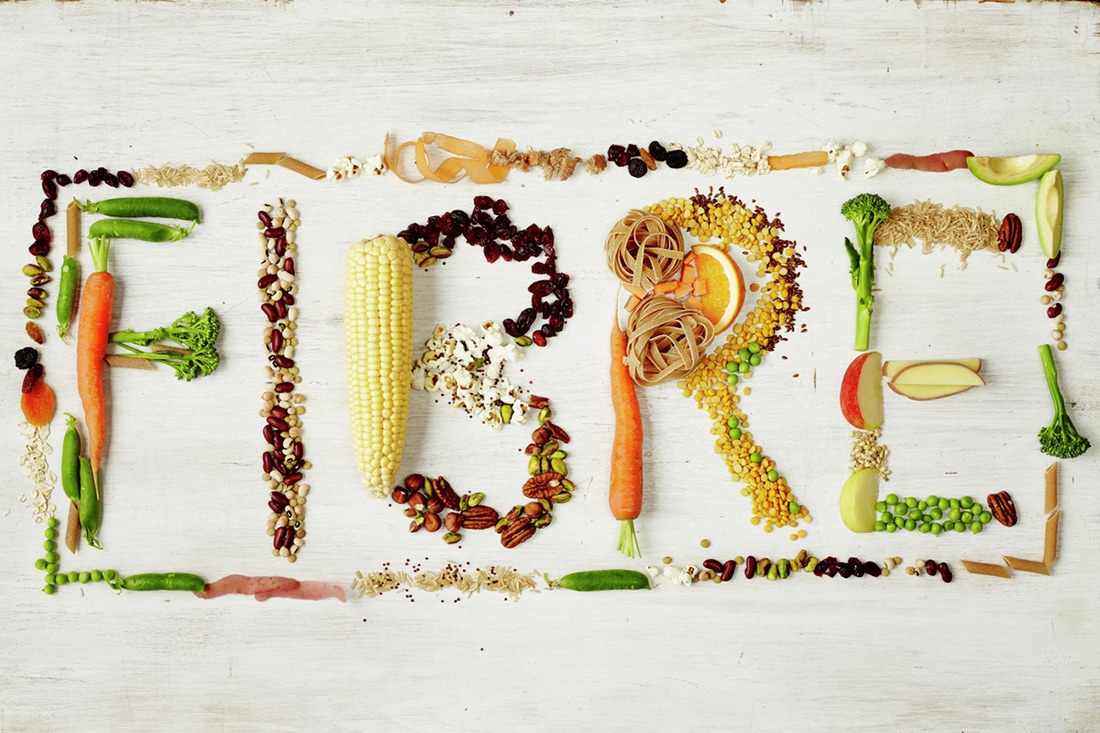|
Fibre is made up of the indigestible parts or compounds of plants, which pass relatively unchanged through our stomach and intestines. The main role of fibre is to keep the digestive system healthy, but did you know it can also help with stabilising blood glucose and cholesterol levels?!
How much?
Types? Soluble
An adult could achieve 30g fibre in one day by eating naturally high fibre foods like:
Tips
Comments are closed.
|
AuthorEvidence based advice on Physiotherapy, Massage and Myotherapy. Archives
June 2017
Categories
All
|


 RSS Feed
RSS Feed
